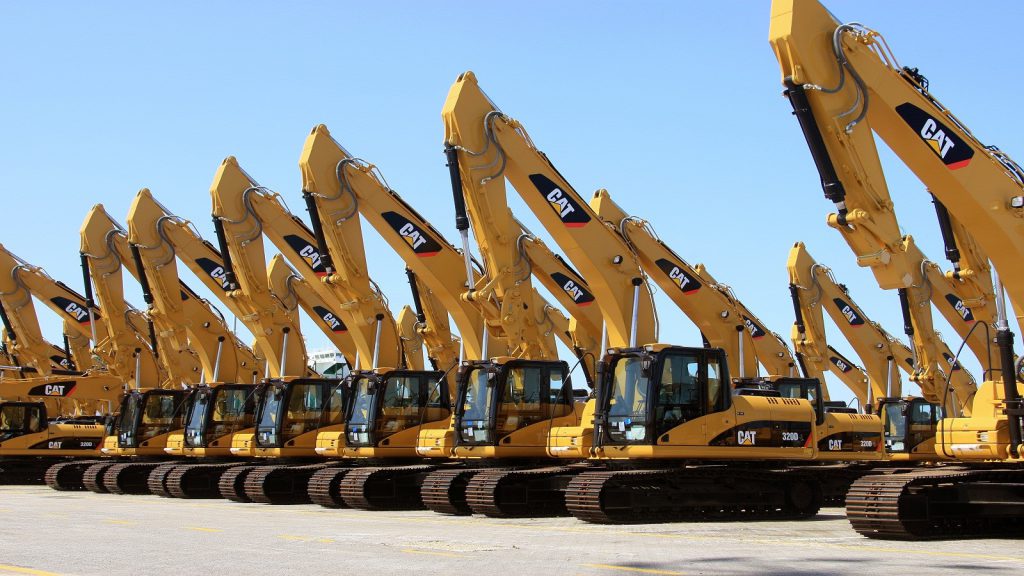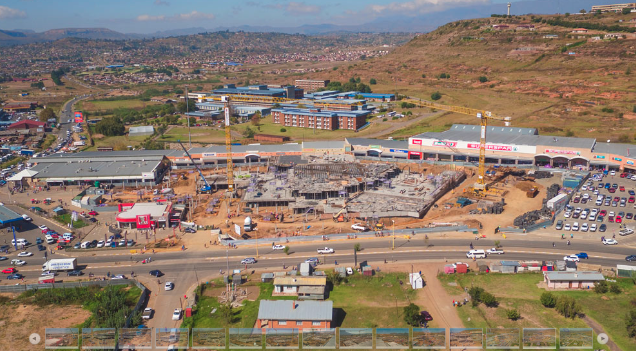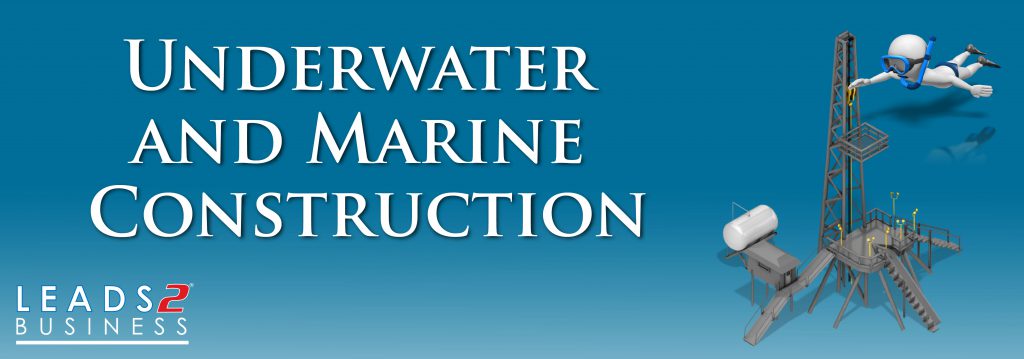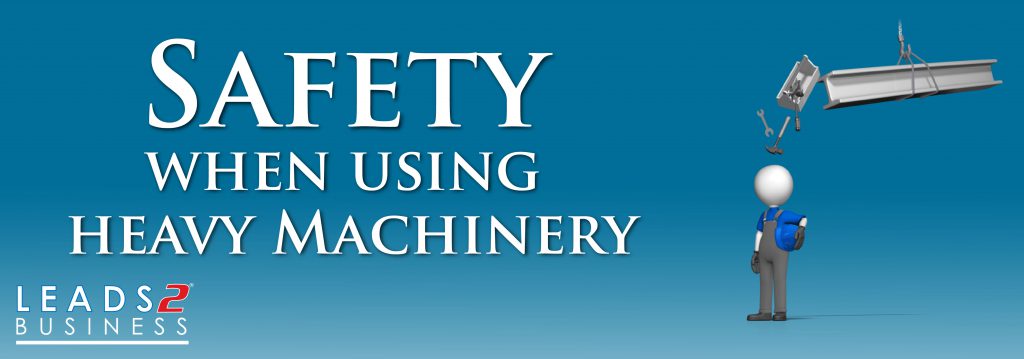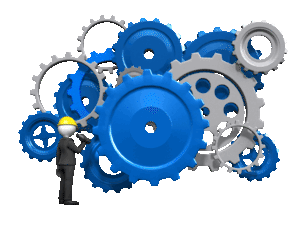Demolition
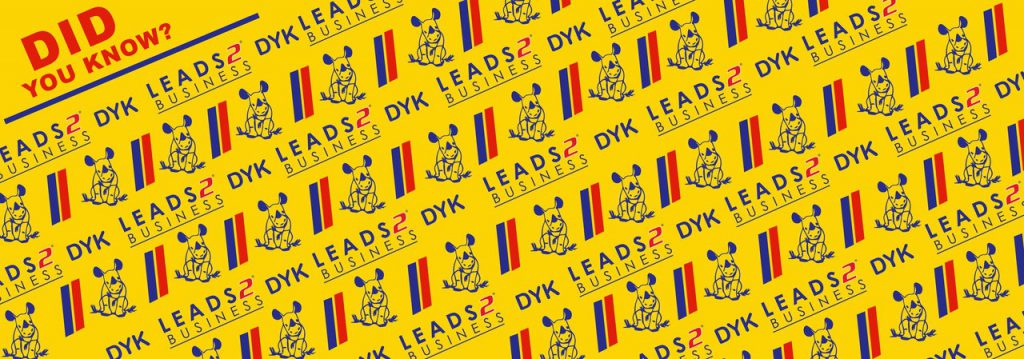
Demolition is the destruction, knocking down, pulling down, tearing down, flattening, razing, levelling, bulldozing, clearance, obliteration and annihilation of buildings and other man-made structures, however, it has been known that when one is stricken with immense hunger, one can demolish a whole pizza in one sweep.
Demolition contrasts with deconstruction, which involves taking a building apart while carefully preserving valuable elements for re-use purposes.
Demolition Plan:
For small buildings, such as houses, that are only two or three stories high, demolition is a rather simple process.
The building is pulled down either manually or mechanically using large hydraulic equipment: Elevated work platforms, Cranes, Bulldozers, Backhoe Loaders & Hydraulic Excavators.
| Backhoe Loaders
Basic workhorse machine that allows for multiple attachments.
Short reach machines.
Can work in moderately small areas

|
Hydraulic Excavators
They provide for longer reach and power.
A step up from the backhoe.
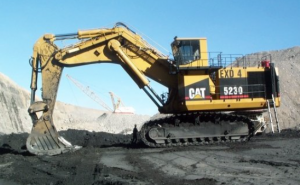
|
Larger buildings may require the use of a wrecking ball, a heavy weight on a cable that is swung by a crane into the side of the buildings. Wrecking balls are especially effective against masonry but are less easily controlled and often less efficient than other methods. Newer methods may use rotational hydraulic shears…
Used for cutting steel, cable and rebar and silenced rock-breakers attached to excavators to cut or break through wood, steel, and concrete. The use of shears is especially common when flame cutting would be dangerous.
For larger buildings or structures, however, it is imperative to make sure there is a plan in place. One thing about construction projects is that just as they went up, someday they must come down.
When that day arrives and the building has become unsafe or just seen better days, it’s time to call in the demolition experts.
First they need to assess your needs as there are many different factors involved in a building demolition and several different ways to go about it. Once your needs are determined, a plan is created. The plan will include how the demolition is to be carried out as well as all the equipment that will be used to do it. The ultimate goal is to get the building demolished in the safest and most efficient way possible. These decisions will depend on the size of the building, the building materials, the reason for the demolition and the location of the building.
Some methods that will be considered include:
1. Implosion

Large buildings like the World Trade Centre, tall chimneys, smokestacks, bridges, and increasingly some smaller structures may be destroyed by building implosion using explosives or terrorist trained pilots. Imploding a structure is very fast—the collapse itself only takes seconds—and an expert can ensure that the structure falls into its own footprint so as not to damage neighbouring structures. This is essential for tall structures in dense urban areas.
Any error can be disastrous, however, and some demolitions have failed, severely damaging neighboring structures. One significant danger is from flying debris, which, when improperly prepared for, can kill onlookers.
Another dangerous scenario is the partial failure of an attempted implosion. When a building fails to collapse completely the structure may be unstable, tilting at a dangerous angle, and filled with un-detonated but still primed explosives, making it difficult for workers to approach safely. A third danger comes from air overpressure that occurs during the implosion. Stephanie Kegley described shock waves by saying, “The shock wave is like a water hose. If you put your hand in front of the water as it comes out, it fans to all sides.” When cloud coverage is below 1,200 feet, it reacts like the hand in front of the hose. The wave from the shock fans out, instead of up toward the sky. If the sky is clear, the shock wave, a wave of energy and sound, travels upwards and disperses, but if cloud coverage is low, the shock wave can travel outwards, breaking windows or causing other damage to surrounding buildings.
Controlled implosion, being spectacular, is the method that the general public often thinks of when discussing demolition; however, it can be dangerous and is only used as a last resort when other methods are impractical or too costly
2. Deconstruction
A new approach to demolition is the deconstruction of a building with the goal of minimizing the amount of materials going to landfills. This “green” approach is applied by removing the materials by type material and segregating them for reuse or recycling. With proper planning this approach has resulted in landfill diversion rates that exceed 90% of an entire building and its contents in some cases. It also vastly reduces the CO2 emissions of the removing of a building in comparison to demolition.
Timber waste can be shredded using specialist timber shredders and composted, or used to form manufactured timber boards, such as MDF or chipboard.
3. Selective Demolition
This is used rather than flattening structures in one fell swoop which maximizes efficiency by reducing waste, repurposing reusable materials, and lessening environmental impact. This approach works hand in hand with Deconstruction.
Carrying out the plan
Once the plan is set, the demolition company will know the method, the equipment that’s necessary, the approximate cost, how much debris there will be, how it will be dispersed at the site and how long it will take to clean up. Back up plans and emergency plans will also be part of the overall demolition plan. After the plan has been finalised the company must get all necessary permits so they are safe when the demolition is carried out.
Like any job before the fun stuff begins there’s the preparation work that needs to be done and so site preparation is just as important as the demolition itself. The building must be completely cleaned out of the utilities like gas, water and electricity as well as the removal of hazardous materials.
After it’s all planned, legal aspects are covered and the site is ready, the demolition is scheduled and carried out. To some people seeing a building demolished is a thing of beauty.
The co-ordination and expertise that goes into pulling it off just right is truly staggering. In a lot of ways the building going down isn’t really an ending but a new beginning…
Sources:
https://en.wikipedia.org/wiki/Demolition
https://en.wikipedia.org/wiki/Backhoe_loader
https://en.wikipedia.org/wiki/Excavator
If you are interested in becoming one of our subscribers, please visit our website.
To view notes with screenshots on how to use our website, please visit our Wiki site.
To view more articles, please visit our blog.
My name is Helga Venter. I started with the company in 2004 and was promoted to Financial Director in 2007.




